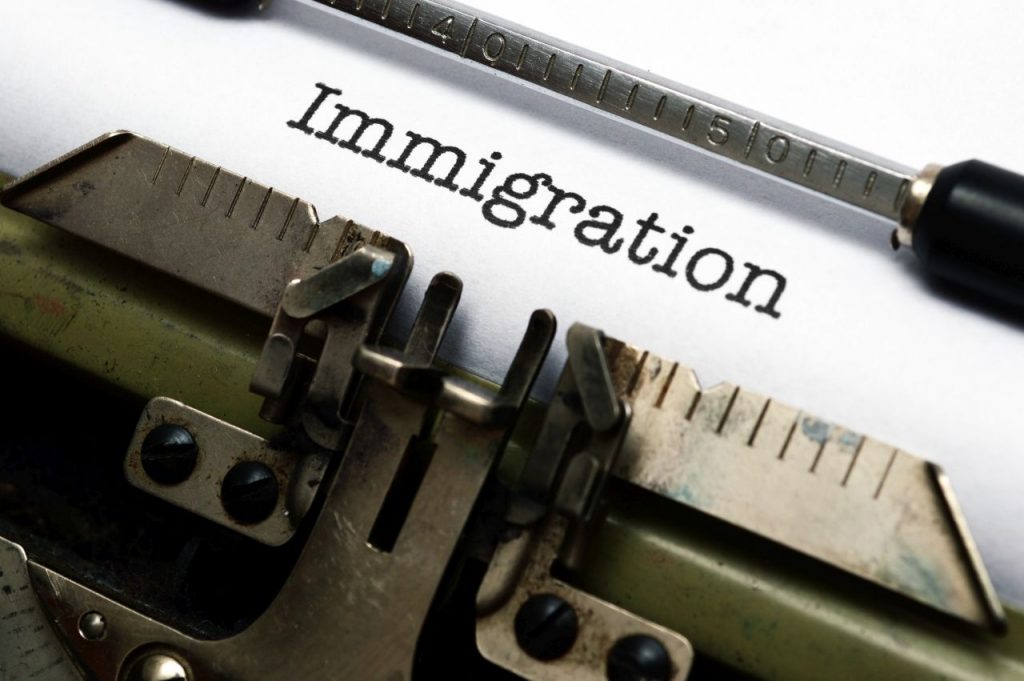
Regulatory enactment of Latvia allow the descendants of Latvians to obtain citizenship and/or permanent residence permit and/or repatriate status in Latvia. For example:
1) According to the Citizenship Law, persons who simultaneously meet all of the following requirements are entitled to receive Latvian citizenship:
- the applicant is a Latvian by nationality;
- at least one of the parents (or grandparents) is a Latvian by nationality;
- the direct ancestor of the applicant permanently resided in the territory of Latvia in the period from 1881 to 1940.
2) According to the Repatriation Law, the status of a repatriate is granted to a person whose direct ascendant ancestor is a Latvian by nationality.
3) According to the Immigration Law, direct descendants of Latvians are entitled to receive a permanent residence permit.
All three of the above-mentioned grounds require the submission of documents to the Office of Citizenship and Migration Affairs, confirming the Latvian nationality of the applicant and his ancestors.
Documents issued by public institutions, such as civil status documents, are accepted as evidence if they indicate nationality (for example, marriage certificates often indicate the nationality of the spouses, birth certificates indicate the nationality of the child’s parents). Passports are accepted, certificates from the archive, which indicate information obtained during the population census.
Military tickets, personnel records, extracts from house books are not accepted as evidence. The mention of nationality in verdicts, certificates of prosecution and other documents obtained from the archives of the NKVD, the Ministry of Internal Affairs (MVD) and similar services is also not evidence of “Latvianness”. Although there is a paradox in this: during the Stalinist repressions, a person was convicted precisely as a Latvian, a member of the Latvian national terrorist group, but the legislature of modern Latvia does not consider the materials of the criminal case, on the basis of which the charge was made, as evidence of belonging to the Latvian ethnic group.
In addition, the very concept of “nationality” is a relatively recent “invention”. The Latvian cultural nation, the concept of “Latvians” appeared in the 19th century, but it began to be indicated in official documents only in the 30s of the last century. For example, already during the population census conducted by the administration of Ulmanis in 1935, in the registration card of each resident, along with his citizenship and religion, his nationality was also indicated. Moreover, up to a certain point, people could indicate any nationality in their documents, and since this was not considered important at first, they wrote as they wanted.
Later, the procedure for recording nationality was streamlined by regulatory enactment, which prescribed: “The recording of nationality must be made in accordance with the actual national origin of the parents.” However, a certain confusion of definition in the documents of ethnicity was present until about 1940. For example, almost any native of Latvia, upon arrival on the territory of Russia, was recorded in the documents as a Latvian, whether he was Janis Cirulis or Ivan Kuznetsov, or Arkady Goldenstein.
Of course, the Office of Citizenship and Migration Affairs of Latvia is aware of the then existing practice of determining ethnicity, therefore, if an entry about the nationality of an ancestor is indicated in documents issued outside Latvia, the attitude towards such an entry is more than skeptical. In such cases, the OCMA asks applicants to provide additional evidence of the “Latvian” ancestor, apply to the Latvian State Historical Archive, search for documents issued in the territory of Latvia.
The situation is complicated by the fact that the period from 1914 to 1945 was very difficult: two wars, a revolution, which were accompanied by the constant movement of large masses of residents: voluntary and forced evacuation, deportations. Often, people arrived at a new place of residence without documents, and new documents were issued to them based on the information that they themselves reported about themselves. Here, again, there were many distortions: names, age were distorted, instead of the place of birth they recorded the place from which the person arrived. In the presence of distorted data, it is almost impossible to find information about an ancestor in the national historical archive.
Law office Inlatplus represents the interests of clients when searching for information in the Latvian State Historical Archives, however, we warn our clients in advance about possible risks.
Nevertheless, if it is possible to find at least some record of an ancestor in the archive (information about birth, place of residence, marriage, issuance of a passport, etc.), any fact confirming that the person in question existed in Latvia, this already significantly increases the chances that the OCMA will accept documents issued outside Latvia as evidence of belonging to the Latvian ethnic group.

